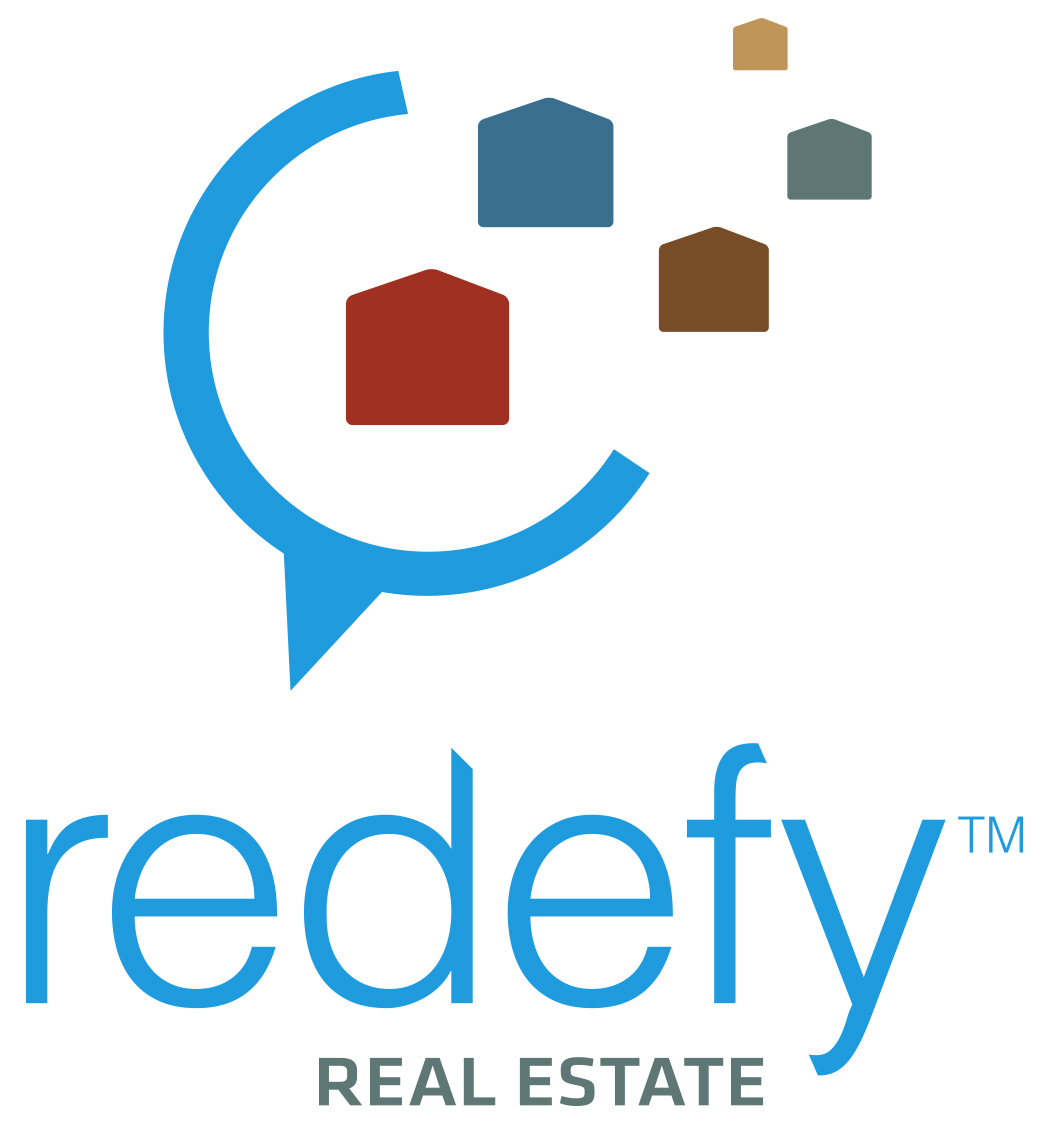Look beyond the hot headlines to understand the real estate market
 The Seattle skyline. Image: manleyaudio via Flickr CC. You’ve seen the headlines: "America’s Hottest Markets" or "The Hottest Cities to Buy a Home". These headlines create excitement, but what exactly is does “hot” refer to? Why does it matter to your home sale or purchase? Hot is a buzzword in real estate to indicate a positive scenario. The headline indicates that the numbers justify the premise. Some really are true, but others are merely clickbait to get you to read regardless of true facts. To be honest, we’ve used that “hot” headline before. But our goal is to only use it when housing statistics accurately reflect that statement. A “hot market” can be used for a variety of scenarios:
The Seattle skyline. Image: manleyaudio via Flickr CC. You’ve seen the headlines: "America’s Hottest Markets" or "The Hottest Cities to Buy a Home". These headlines create excitement, but what exactly is does “hot” refer to? Why does it matter to your home sale or purchase? Hot is a buzzword in real estate to indicate a positive scenario. The headline indicates that the numbers justify the premise. Some really are true, but others are merely clickbait to get you to read regardless of true facts. To be honest, we’ve used that “hot” headline before. But our goal is to only use it when housing statistics accurately reflect that statement. A “hot market” can be used for a variety of scenarios:
- an increase in home prices;
- a decrease in inventory (which drives up home prices);
- a highly-desired neighborhood (schools, amenities, etc.).
Read beyond the headlines to look at what the study or stats quoted are saying. The headline might say “Denver is a hot market”. But then look at the stats. For example, if it the statistic says home prices in Denver increased 6 percent this month, you’d say that’s pretty hot. But then if you look deeper and realize it was 8 percent the previous month and, compared to the same time last year, it’s down 3 percent, you’d probably change your viewpoint. Another important thing to understand are the terms used. The phrase “median home price” is thrown around a lot with assumptions that everyone agrees on the meaning. The term “median” is the midpoint between the highest and lowest prices, not the average of all prices (averages get skewed by extremes). The term “home” could be single family, condos or both. Since there’s a big price difference, make sure you they’ve defined this term. The most important term in this phrase is “price” – you want to look at stats for the median sold price, not the median list price (which can be over or under priced).
What’s the big deal?
Understanding that the market makes a difference when you buy or sell. But you need the whole picture. If you heard a prediction that the market would be hotter in the spring than the winter, you might wait to sell. But if you sold in the winter when inventory is lower, you could actually get a better sales price than in the summer when there’s more competition. Are you buying? You might be concerned about buying in a so-called hot market. But why are you buying a house? If you’re not a flipper, you’re buying a home to live in. It’s a big investment, true. But if you need a place for your family, consider the benefits. Your payments go to ownership (as opposed to rent), you will have tax benefits, and you’re free to make it your own. Small fluctuations in the market can be overcome by a long-term strategy. Plus, if you buy strategically – something a little outdated (not a big fixer that’s a cash hog), something in an up-and-coming market – you can still create equity in a “hot” market.
Talk to a local expert
Headlines are meant to attract and data interpretation can be one-sided. This doesn’t mean that all articles are misleading or irrelevant. You should just check the facts they list by linking through to the source. Most studies generalize large markets, so even if it’s true on a big scale it may or may not be relevant to your particular market. For a clear understanding of housing statistics as they relate to where you live, an experienced real estate agent who is active in your market has a better grasp on prices and trends. Ask them how many transactions they close per month; if they’re in a team-oriented brokerage, you can ask about the team numbers. Years in the business is not relevant – 5 years in the business with 20 total transactions (that’s only 4 a year) doesn’t make someone more experienced than someone with 2 years and 60 transactions. If you’re selling, start with a home valuation based on sold prices, then get an agent to look at your home in person to take all its unique features into account. If you’re buying, you can certainly shop online, but get an agent to represent your interests (it’s a messy world out there). Let the agent know your situation and your goals for buying a home, so you can make informed decisions. Get prequalified so you can be ready to jump on an offer and be more likely to get accepted. Whether the market is “hot” or “cold” according to the headlines doesn’t matter if the data doesn’t apply to you. We’ll do our best to keep you informed with solid housing statistics (read our Monday housing news), and a good agent will help you achieve your goals. Credit where it’s due: this topic was inspired by an insightful article on market hotness by appraiser Ryan Lundquist. We’ll be sharing Ryan’s thoughts on how to buy and sell in a hot market in the coming weeks.
This story first appeared in The Home Front.









